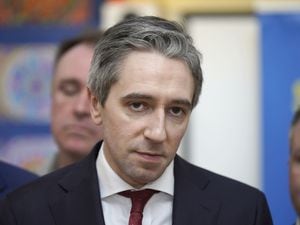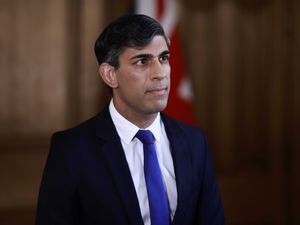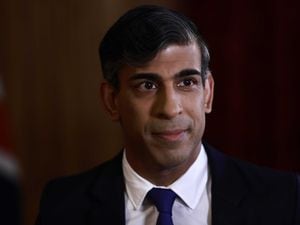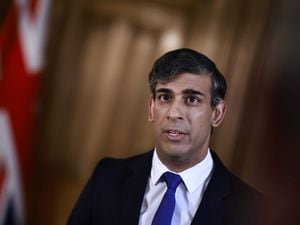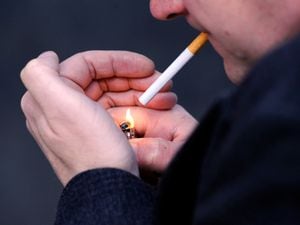Pubs curfew ‘doing more harm than good’
Greater Manchester mayor Andy Burnham said the early closing time was leading to a rush to off-licences.
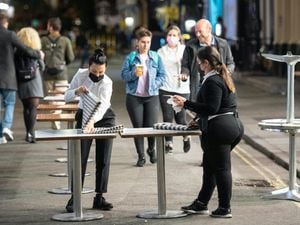
Greater Manchester mayor Andy Burnham has called for an urgent review of the “hard” 10pm curfew on pubs, bars and restaurants, warning it may be doing “more harm than good”.
Mr Burnham said the early closing time was leading to a rush to off-licences and creating an incentive for people to gather in each others’ homes.
Health minister Helen Whately said the Government was keeping an “open mind” about the new coronavirus regulations which came into force in England on Thursday.
Mr Burnham’s warning came after footage circulated of crowds gathering in city centres on Saturday night, with people piling on to public transport and queuing outside shops to buy more alcohol.
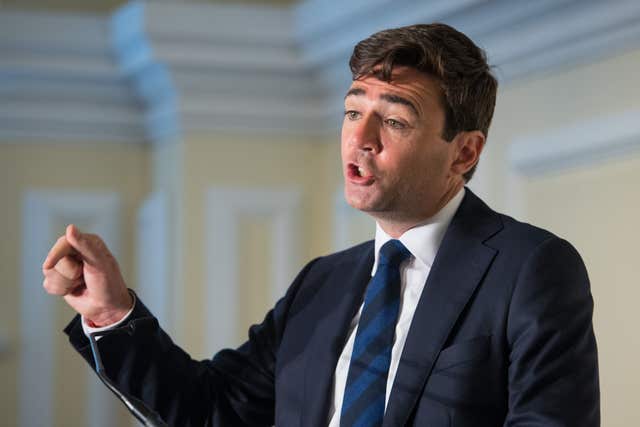
“I received reports that the supermarkets were absolutely packed out to the rafters with people gathering,” he told BBC Radio 4’s Today programme.
“I think there needs to be an urgent review of the emerging evidence from police forces across the country.
“My gut feeling is that this curfew is doing more harm than good. It creates an incentive for people to gather in the street or more probably to gather in the home.
“That is the opposite of what our local restrictions here are trying to do. I don’t think this has been fully thought through.”
He suggested one option could be to impose a 9pm curfew on alcohol sales in shops to prevent the rush to off-licences after the pubs close.
John Apter, national chairman of the Police Federation, said police had difficulty dispersing large crowds that gathered with only limited numbers of officers available.
“You might only have one or two people in a busy high street at 10pm when hundreds and hundreds of people are coming out on to the streets,” he told Today.
“My colleagues will do the best they can to encourage and coerce people to move on but it is really difficult.
“All that you need is a hostile group that turns against those officers and the resources for that city centre are swallowed up dealing with that one incident.”
Ms Whately said ministers are seeking to learn from experience but that the Government had had to act in response to the rising infection rates.
“It is clearly early days. We have just changed this rule last week,” she told the Today programme.
“We keep an open mind on what is the best way to go about it. The steps that we have taken, particularly with the 10pm curfew, is something that we have done in some places during the course of the summer where we saw localised outbreaks and hospitality being part of the picture.
“We are constantly learning and seeing what has the most impact but we clearly need to take a step because of what we have seen with the rates going up across the country.”
Professor Susan Michie, the director of University College London Centre for Behaviour Change, said the problems with the 10pm curfew should have been foreseen.
“The measure is another example of a restriction brought in outwith a coherent strategy and without sufficient consultation with relevant experts and communities,” she said.
Robert Dingwall, professor of sociology at Nottingham Trent University, said it was another example of the Government’s “patrician policymaking”.
“When were any of those involved in making this decision last in a city centre pub at closing time? The disdain for the night-time economy reflects the puritan streak in public health that has marked so many interventions,” he said.
“Anyone with a basic knowledge of sociology, anthropology, socio-legal studies or criminology would have predicted the transport chaos that Andy Burnham has described – and the street parties that we have seen elsewhere.”

